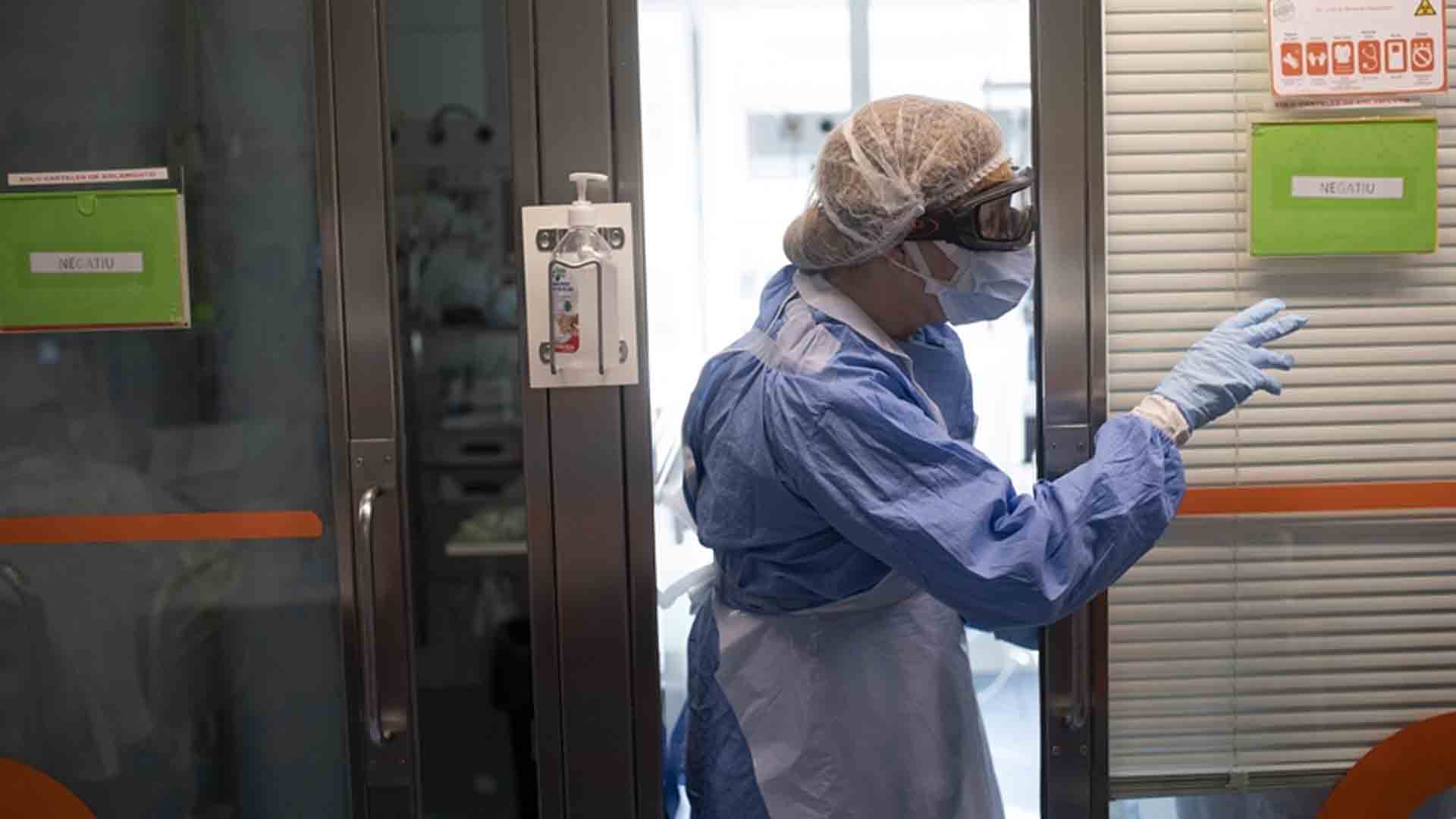The coronavirus disease 2019 (Covid-19) pandemic is a reminder of health workers’ heroic work, the head of the World Health Organization (WHO) said Monday.
“Health workers account for an estimated 3 percent of the world’s population but account for 14 percent of all Covid-19 infections,” WHO Director-General Tedros Ghebreyesus said at a twice-weekly webinar in Geneva on the novel coronavirus.
At the same webinar, Dr. Maria van Kerkhove, the WHO’s technical lead on the coronavirus pandemic, commented on a statement by Britain’s Health Secretary Matt Hancock earlier Monday that a new strain of the coronavirus could explain the rapid rise of cases in the south of England.
“There’s no evidence so far this variant behaves differently. But of course, we’re being cautious to evaluate this properly,” Van Kerkhove said.
He added that the WHO will continue to evaluate data “and inform you of any changes.”
“What they’re looking at is to see if there are any changes in the development of neutralizing antibodies, and that is something that will be tested for all of the variants that are identified,” he said.
Tedros, in his statement, said one of the WHO’s primary concerns has been to ensure that health workers have access to personal protective equipment (PPE).
“We also advise that health workers should clean their hands regularly with an alcohol-based hand rub or wash with soap and water,” he said.
And yet he said new data released Monday from the WHO and UNICEF, the UN children’s agency, show that one in four health facilities globally lacks essential water services.
In the world’s 47 least-developed countries, half of all health facilities have no clean water on site.
This puts health workers and patients at risk from infections of all kinds, making childbirth much less safe and driving antimicrobial resistance.
He said addressing this gap is an urgent priority for the WHO and UNICEF and must be for the rest of the world.
“Preliminary estimates show that making sure all healthcare facilities in the 47 least-developed countries have basic water, sanitation, hygiene, waste management, and cleaning services will cost an additional USD3.6 billion between 2021 and 2030,” Tedros said.
He said that for every dollar invested in hand hygiene alone, there is a return of USD15.
“In other words, investing in water, sanitation, and hygiene is not just the right thing to do, it’s the smart thing to do,” Tedros said. ” (PNA)






















